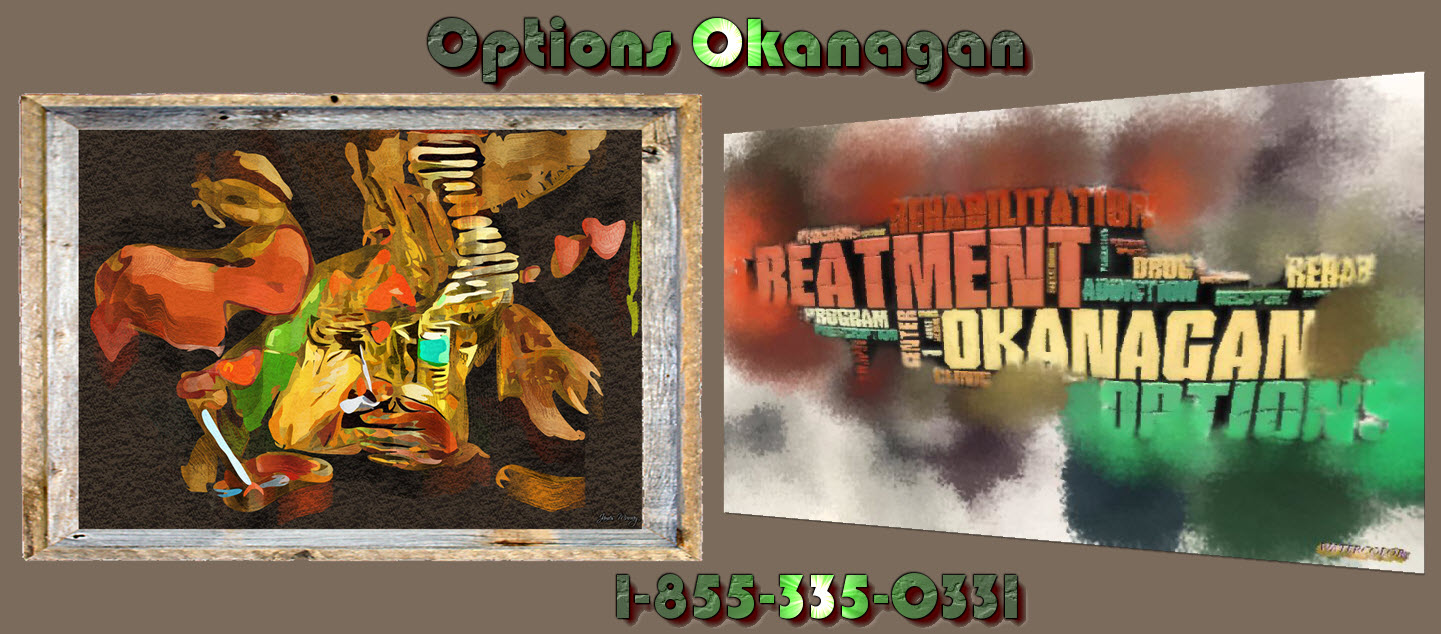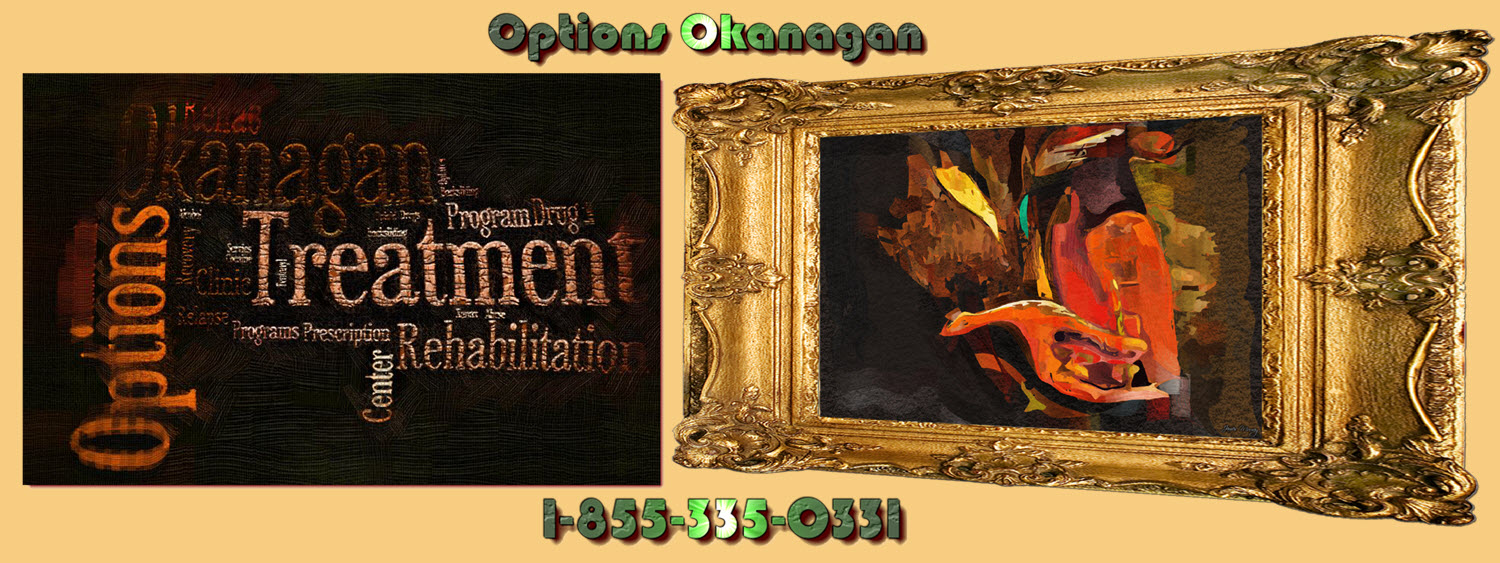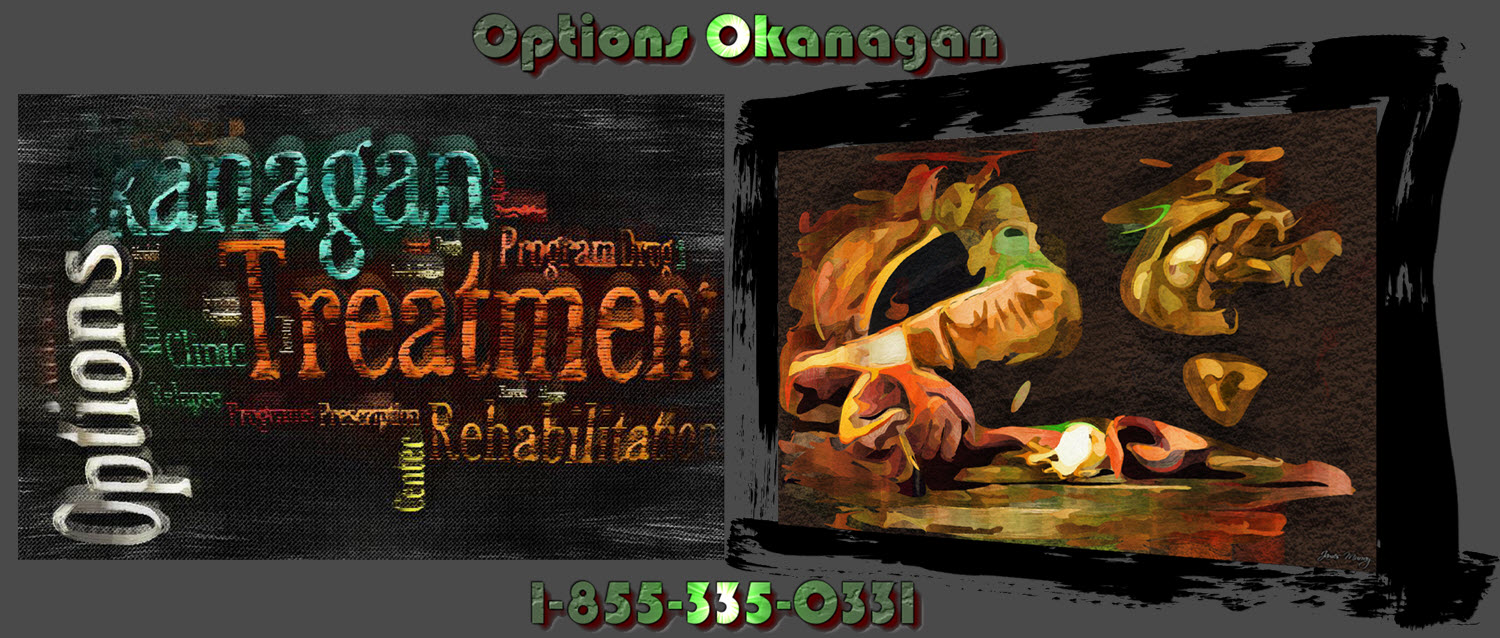Addicted To Heroin – Drug Rehab Programs for recovering addicts in British Columbia and Alberta – Options Treatment Center in Kelowna, British Columbia treating drug, opiate, fentanyl, heroin, and alcohol addiction and recovery.
Drug and Heroin Rehab In Alberta And BC
It is tragic that a lot more parents are arranging funerals for their teens and not for high graduations or college parties because the number of teenagers using heroin continues to increase. One major addiction problem is that teen athletes can be prescribed opioid drugs for pain when injured.
Most parents approach the teenage phase with feelings of fear. First, they remember what their teenage years were like. Second, they recognize that increasing hormones and despair about freedom can turn cute children into young adults. When they reach adolescence, parents prepare mentally for turbulent times like academic challenges, separation, peer pressure, and more.
However, most parents do not believe that their teenagers are addicted to heroin. It is tragic that more parents now are arranging funerals for their children or teens and not for teenage college parties, because the number of heroin users in adolescent demographics seems to increase exponentially.
Heroin addiction was once seen as a problem in the city centers and a problem that must be faced by the surrounding community. However, now, heroin addiction is also a common problem in the Canadian and American middle classes, and many parents wonder how that happens.
Teen Heroin Addiction Numbers
Although heroin use among teenagers is increasing in Canada and the United States, it should be noted that most teenagers do not start using this street drug. In many cases, their addiction starts right at home, and right in their parents’ medicine cabinet. As doctors prescribe more painkillers and opioids for adults, young people find that abuse of these drugs leads to a state of euphoria that is difficult to achieve.
Opioids are the most fun things to do at parties, the most fun things to share with friends at school, and the easiest way to become addicted to heroin. Eventually, adolescents who become dependent on prescription drugs find that maintaining their addiction can be difficult or expensive. This forced them to turn to heroin, a cheaper drug that was increasingly available in the halls and on the playground.
According to the National Institute of Substance Abuse in Adolescents, 1% of eighth-graders and twelfth-grade students report using heroin at some point in their lives. Heroin is not like other casual or recreational drugs, heroin addiction can happen fast for most teens. Heroin addiction is not easy to manage because teens are almost immediately addicted to the high this drug produces. Overdoses often occur and death continues to increase.
Why do young people become addicted to heroin?
Many factors contribute to the increase in heroin addiction among teenagers, including:
Social and economic changes in the last decade – With the economic downturn of the last recession, many adults have had to extend their working hours to meet family needs. While many parents have two, three, or more survival jobs, their teenagers are left alone, often entertained and inhabited by technological devices that change their daily lives.
Increased mental illness among adolescents – The pressure of recessions and job security has affected adults, adolescents, and children. More and more teens are reporting that they have symptoms of depression and anxiety. These are stressful and difficult situation to understand, and has caused teenagers to use drugs to make them feel better.
Increasing Presence of Prescription Medicines – At the same time, physicians and doctors in Canada and the United States are prescribing medicines for anxiety, pain, and depression as if it were Halloween candy. Prescription drugs are easy to get and quite effective.
Decreased parent’s will and understanding – For many parents, the idea that their teenagers will become addicted to heroin is incorrect. They did not look for signs and symptoms of addiction and did not find that heroin use increased significantly in all sections of society.
What can reduce this Heroin epidemic?
Fortunately, many parents are now beginning to understand the spread of this drug among teenagers. Being aware of this epidemic is the first step, but the next step is to take action.
The first thing parents need to do is start talking to their teenagers about prescription medications, emotional disorders, and handling the pain that they may experience with empathy and understanding. Teen athletes can be prescribed opioid pain relievers to treat injuries that can cause addiction. Parents must provide their children with accurate information, valuable resources, and support when monitoring all the medicines they use.
Parents also need to keep all prescription drugs safe at home so that they are not easily accessible.
According to Health Services Agencies mood changes, dizziness, diarrhea, constipation, and more are common signs of heroin abuse and addiction. Adults who experience these symptoms in adolescents should contact an opioid or drug treatment clinic that can effectively detoxify them medically and carry out individual emotional assessments.
With the proliferation of this powerful and deadly drug and knowledge of the signs and symptoms of opiate addiction, parents can become more active advocates for adolescents who need help. Any parent who suspects that their own teenager or one of their teenagers is addicted to heroin should contact an addiction specialist to get the help a child really needs.
Options Okanagan Opiate and Alcohol Treatment Centers in Kelowna, Salmon Arm and Vancouver, British Columbia – Men and Women are recovering and healing from Alcohol and Drug Abuse at our treatment center here in the Okanagan right now.
Our unique and distinctive Opiate Drug and Alcohol treatment program allows men and women to come in from Calgary as well as Edmonton as we offer airport pickup.
Numerous clients come to us from Vancouver, Calgary, and Edmonton and other locations in Alberta and even other provinces for Opiate addiction treatment, heroin drug treatment, many other drug and alcohol addictions for rehabilitation because of the uniqueness of our treatment center.
Our (Kelowna ) Alcohol and Drug Treatment Program Location:
(Not Mailing Address) Contact Us – Web Page
For Mail Delivery :: Please contact each center for correct mailing addresses, also this location is the location of our residential treatment programs in Kelowna. Please call Toll Free 1-855-335-0331 to contact the treatment center you are going to for the address and directions.
Options Okanagan Drug and Opiate Treatment Center
551 Sherrydale Crescent, Kelowna, British Columbia, V1V 2E6
Toll-Free Phone Number: 1-855-335-0331




